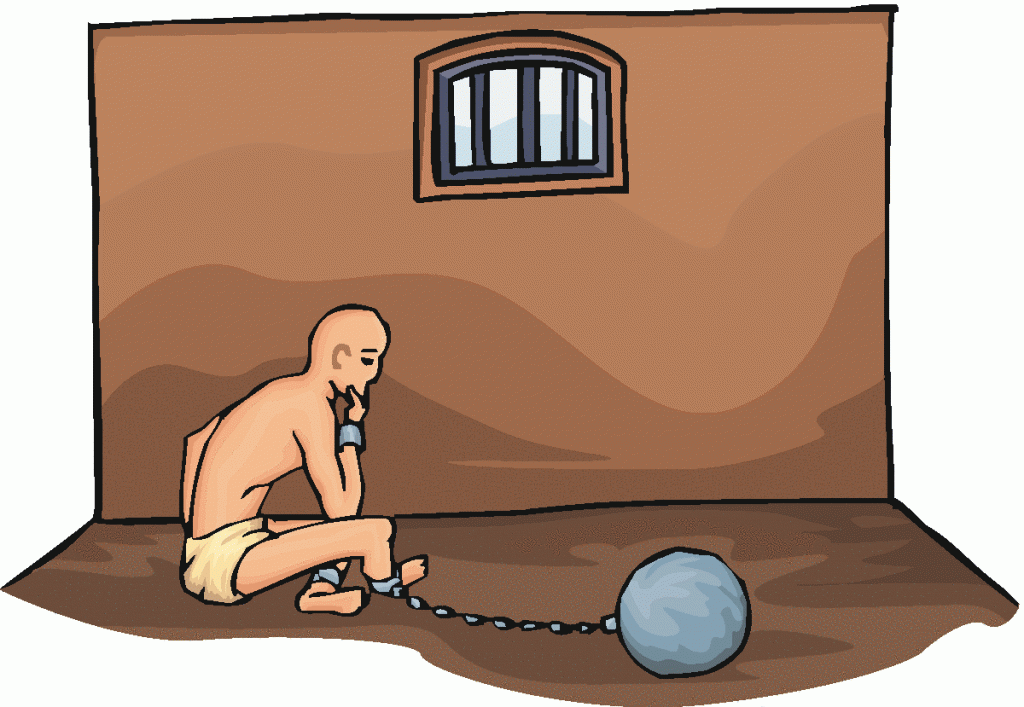Ezekiel 37 Explained: On Bones, Earthquakes, Wind, Angels, Revival and the Second Coming
Ezekiel 37, The Reunification of Israel and The Return of the Messiah. Before we start studying this passage, let’s identify and define the key players who are mentioned in Ezekiel 37. They are:
- Judah: This name refers to both the tribe of Judah and to the southern kingdom. Scriptural context will determine which is meant.
- Children of Israel: This term is found 603 times in the Scriptures and is used 472 times from Genesis through Second Samuel in obvious reference to the united kingdom (prior to the split of the northern ten tribes from the southern two tribes [in addition to the Levites]). There are times, however, when, after the division of the kingdom, this term refers specifically to either the kingdom of Israel (i.e., the northern kingdom) or the kingdom of Judah (i.e., the southern kingdom), but not to both (e.g. in reference to the southern kingdom only see 1 Kgs 18:20; 19:10, 14; 20:15, 27, 29; and in reference to the northern kingdom only see 2 Kgs 17:7, 8, 9, 22, 24).
- Joseph: He was the eleventh son of Jacob and the father of Ephraim and Manasseh, who fathered two tribes of their own (i.e., the tribes of Ephraim and Manasseh). These two tribes took the place of what might otherwise have been known as the “tribe of Joseph.”
- Ephraim: This name is used 180 times in the Tanakh (Old Testament) and is referring to this specific Israelite tribe or as a metaphor for the northern kingdom of which the tribe of Ephraim was the leading and largest tribe (Isa 7:9, 17; 9:9; 11:13; Ezek 37:19; Hos 4:17; 5:12, 13, 14; 6:4; 7:1; 10:11: Zech 9:13). When blessing the two sons of Joseph, Jacob placed his right hand of power and strength upon the head of Ephraim signifying the position of primogeniture for him and his descendants (Gen 48:17).
- House of Israel: This term is used 146 times in the Scriptures. Prior to the division of the united kingdom after the death of Solomon, this phrase referred to all twelve tribes of Israel. Afterwards (during the time of the prophets) it was used in contradistinction to the phrase “house of Judah” in reference to the northern kingdom. In the Testimony of Yeshua (the NT), Yeshua makes reference to the “lost sheep of the house of Israel” (Matt 10:6; 15:54). In some references in the Testimony of Yeshua, this term refers to all twelve tribes of Israel (Acts 2:36; 7:42; Heb 8:10), while in some biblical passages it refers to just the northern kingdom (Heb 8:8). The context of the passage of the scriptures surrounding this phrase determines its meaning.
- Mountains of Israel: This is a poetic metaphor referring to the twelve tribes of Israel (Ezek 34:13, 14; 36:1, 4, 8; 37).
Ezekiel 37:1–14, The vision of the valley of dry bones. Ezekiel 37 continues where chapter 36 left off by giving us two prophetic visions focusing on the (spiritual) rebirth and reunification of the nation of Israel. The first part of the chapter recounts Ezekiel’s vision of the Valley of Dry Bones, while the second half of the chapter is his vision of two sticks or trees being reunited and becoming one tree.
Both prophetic visions concern the same people: the whole house of Israel comprised of Continue reading






